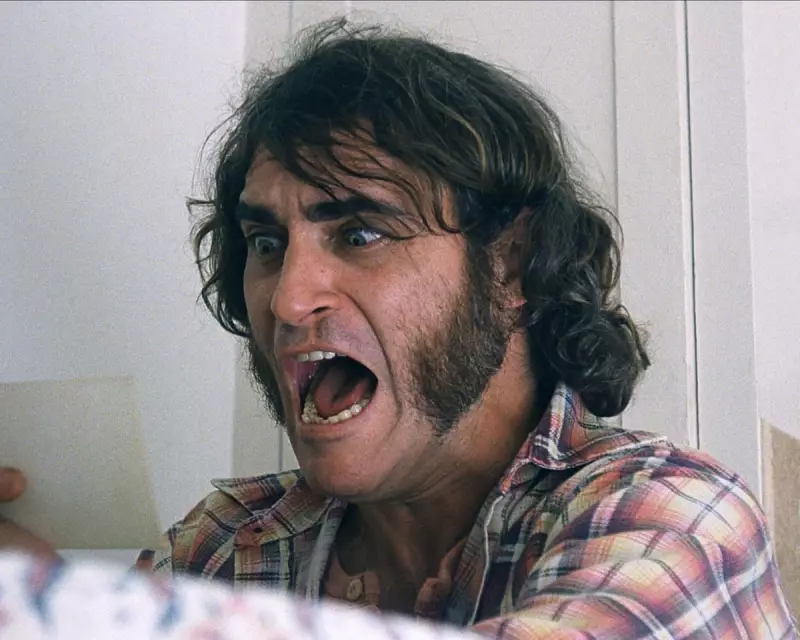
Thomas Pynchon, the reclusive genius of postmodern literature, has crafted some of the most challenging and rewarding novels of the 20th and 21st centuries. His works, dense with paranoia, historical references, and absurdist humour, have baffled and delighted readers for decades.
The Pynchon Pantheon: From Worst to Best
While every Pynchon novel offers its own unique rewards, some undeniably stand taller than others in his bizarre literary universe.
10. Vineland (1990)
Pynchon's most accessible work, this California-set novel blends 1960s counterculture with 1980s Reaganism. While entertaining, it lacks the depth of his greater works.
9. Inherent Vice (2009)
A stoner detective story that's more coherent than most Pynchon, but perhaps too lightweight for hardcore fans. The film adaptation captured its shaggy charm perfectly.
8. Bleeding Edge (2013)
Pynchon tackles the dot-com bubble and 9/11 in this surprisingly timely New York novel. Shows the master hasn't lost his touch for contemporary satire.
7. V. (1963)
The debut that announced a major talent. Uneven but dazzling, establishing Pynchon's signature themes of conspiracy and entropy.
6. The Crying of Lot 49 (1966)
Short but potent, this tale of postal conspiracies and secret societies is the perfect entry point to Pynchon's world.
5. Against the Day (2006)
A massive, time-hopping epic that ranges from the Chicago World's Fair to post-WWI Europe. Demanding but richly rewarding.
4. Mason & Dixon (1997)
A hilarious, heartbreaking reimagining of the 18th century surveyors' adventures, written in period-appropriate prose.
3. Vineland (1990)
Wait - didn't we already... oh right, Pynchon's narratives tend to loop back on themselves. Let's try that again.
3. Slow Learner (1984)
Just kidding - this collection of early stories doesn't rank. The real #3 is...
3. Gravity's Rainbow (1973)
Often called the greatest postmodern novel, this WWII masterpiece about rockets, bananas and paranoia is as brilliant as it is bewildering.
The Pynchon Experience
Reading Pynchon isn't easy - his novels demand patience, tolerance for ambiguity, and willingness to be confused. But for those willing to take the journey, few writers offer such rich rewards. His works continue to influence generations of authors, from David Foster Wallace to Zadie Smith.
Which Pynchon novel tops your list? The debate continues as endlessly as one of the author's own digressive footnotes.





